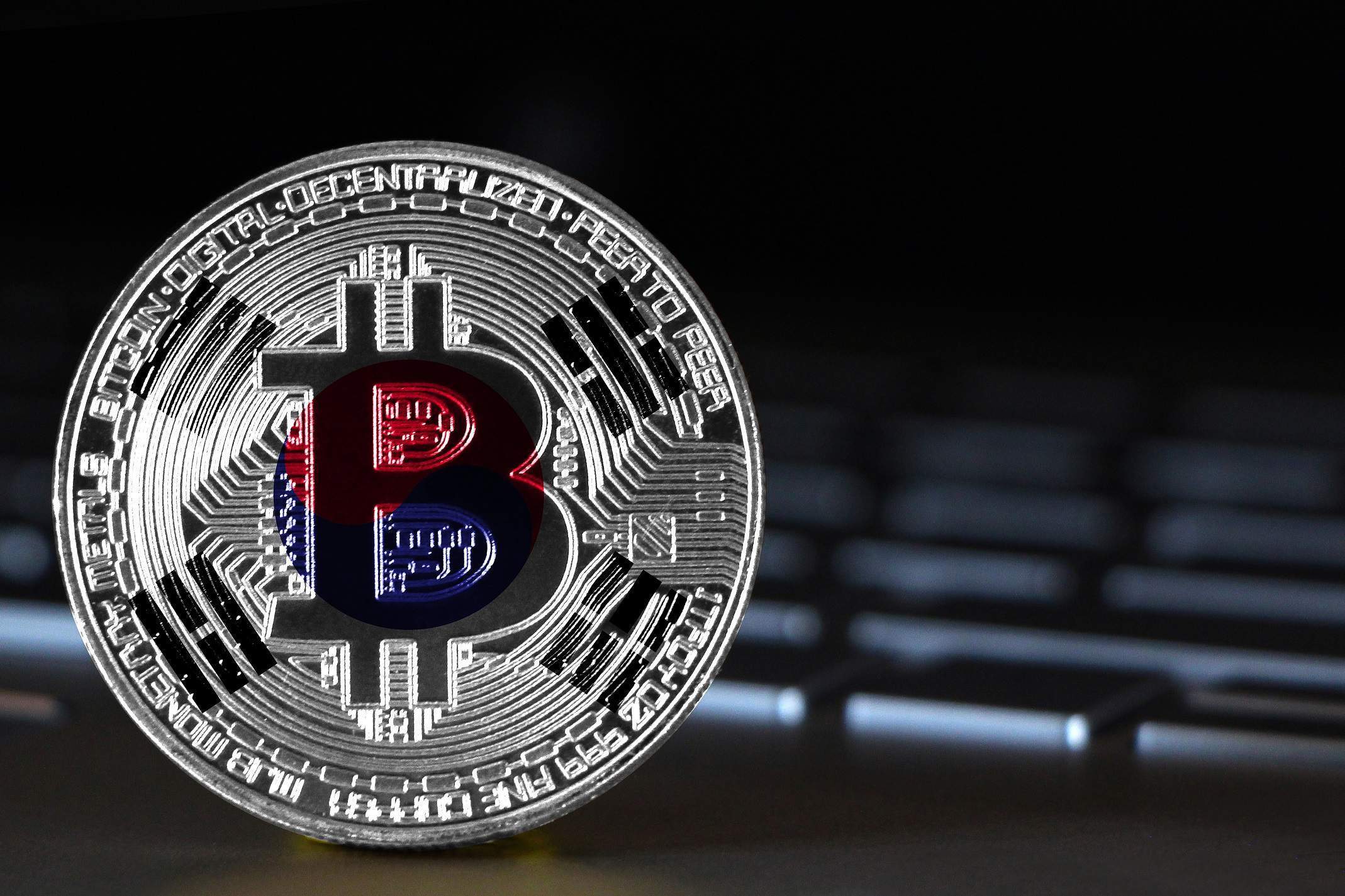
When South Korea makes a comment about cryptocurrencies, bitcoin springs into action.
Last year, the digital currency hit over $10,000, amid the news that a South Korean bank was going to be testing a bitcoin vault service. This week, bitcoin fell 13.5 percent after the news that the country was going to ban cryptocurrency trading surfaced.
The country’s justice minister, Park Sang-ki, said:
“There are great concerns regarding virtual currencies and [the] justice ministry is basically preparing a bill to ban cryptocurrency trading through exchanges.”
Why is South Korea so important to bitcoin?
South Korea bitcoin: an important market
South Korea is a really important market for cryptocurrencies, according to Dr Garrick Hileman at the University of Cambridge.
“Several million South Koreans, especially young people, are actively trading cryptocurrencies which is a significant percentage of the South Korean population,” he tells Verdict.
One interesting aspect of these high trading numbers is that bitcoin and ripple prices are much higher in South Korea than the rest of the world. Prices can often be 30 percent or 40 percent more in South Korea compared to the US, for example.
This is partly down to the government’s capital controls, and the fact there’s only so much money flowing in and out of the country.
“You can think of South Kora as the type of the cryptocurrency spear in terms of price action. South Koreans have shown they are willing to pay more for cryptocurrencies than other markets are. And that certainly has a positive influence than prices in other markets,” says Hileman.
Why does South Korea want to ban crypto trading?
All this crypto interest is having a detrimental effect in the country. In November last year, the country’s prime minister, Lee Nak-yeon, voiced his concerns about cryptocurrency in a cabinet meeting.
“There are cases in which young Koreans, including students, are jumping in to make quick money and virtual currencies are using in illegal activities like drug dealing or multi-level marketing for frauds.
“This can lead to serious distortion or social pathological phenomena, if left unaddressed.”
Banning crypto trading is one way for policymakers to try and control this.
“It’s creating a sort of depression,” says Hileman. “South Koreans are apparently losing motivation to go to work. They are watching their peers make 10 times what they’re making in their day jobs just by speculating on cryptocurrencies.
“There’s an interesting social phenomenon going on here that the authorities are trying to combat.”
If South Korea banned crypto trading, would this stop cryptocurrencies in the country?
For details on how a crypto trading ban would work, we can look to China. Hileman says that data and reports show that cryptocurrency activities have actually grown in China since the ban.
For instance, Binance, a Chinese exchange, moved to Tokyo. It’s now known as the number one cryptocurrency exchange in the world and says that added over 240,000 people in one hour this week.
In addition, in China, some crypto trading has simply moved to other venues. Crypto fans are turning to social media platforms like WeChat and Telegram. They are buying and selling here, rather than through centralised exchanges.
“Just because the exchanges could be banned in South Korea, there are plenty of other options for South Koreans to trade. And the price may go even higher to still have this access,” he says.
2018 is the year of regulation
Whilst 2017 will be credited as the year bitcoin finally went mainstream, 2018 is the year of regulation. Across the world, governments and regulators are starting to look at ways to regulate this unwieldy power.
“At the G20 meeting in April later this year, I believe France and Germany have requested that cryptocurrency be put on the agenda, so this is getting more and more international regulatory attention,” says Hileman.
“It’s certainly possible that other countries will follow China and South Korea’s lead here, by tightening regulations or move to a full-scale ban. I think that’s something we might seem more of in 2018.”







